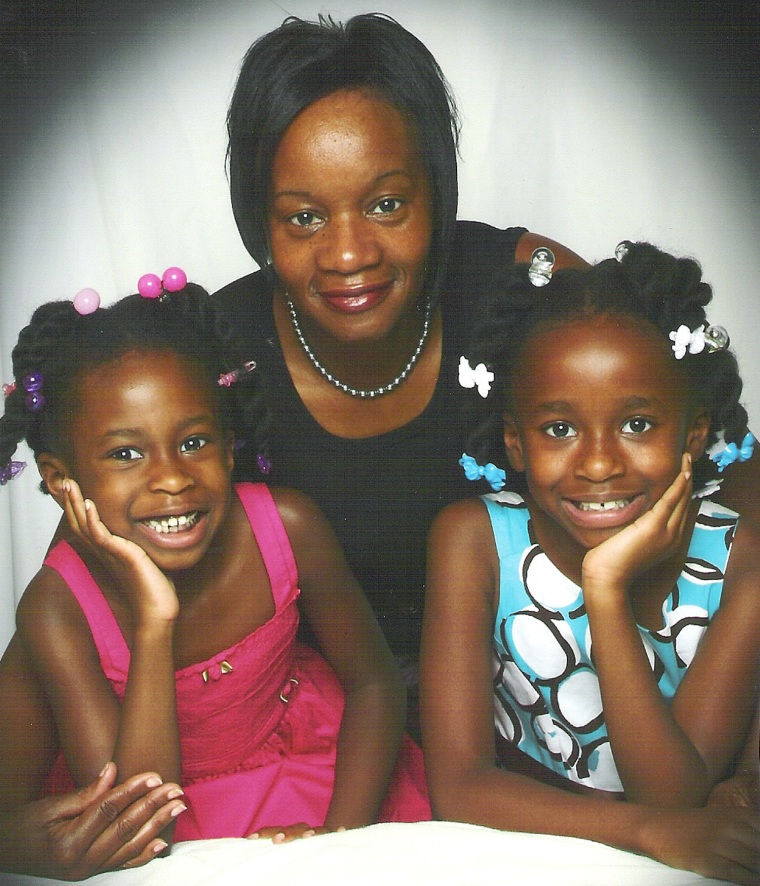Cynthia Wilson James was always sure about two things: She wanted a husband who shared her spiritual beliefs, and she wanted to have more than one child with him.
And just because she didn’t reach that first goal until she was 40 didn’t mean the second one was out of reach.
The Columbia, S.C., woman, now 52, conceived her first daughter, who just turned 10, around her first wedding anniversary. Daughter number two, who turned 8 in January, was conceived less than two years later.
“I think most moms want someone to be there for that child, to have another brother or sister,” says James, who grew up with four siblings. “I think I might have had one other child if I were younger.”
It turns out that James is part of a trend. An increasing proportion of women who have their first baby at age 35 or older aren’t stopping with one child, according to a new report from the National Center for Health Statistics.
Among all women whose first birth occurred between age 35 and 44, nearly 40 percent had at least two children in 2006-2010, up from 26 percent recorded in 1995.
According to government statistics, about 7,500 women gave birth at age 45 or over in 2008, so the percentage of moms who’ve had two or more after age 34 is probably even higher, says demographer Gladys Martinez, lead author of the new report.
And, like James, they’re likely to have their kids fairly close together.
“The women who start off later know they can’t wait physically for much longer,” Martinez says.
Among women ages 30 to 44 with at least two children, 16 percent delivered their first and second babies 13 to 24 months apart, while about 17 percent delivered them 25 to 36 months apart. (Pregnancies resulting in multiple births were counted as one delivery.)
Only about 6 percent of those older moms delivered their first two babies more than four years apart, compared to about 17 percent of women ages 25 to 29.
While fertility treatments in older mothers have contributed to an all-time high twin birth rate in the United States, Martinez says, her “gut instinct” is that’s not the main reason for the rise in older moms with more than one child.
Instead, she and her coauthors believe that it’s part of a trend toward later childbearing, especially among white women with higher education. Ideally, the researchers say, they’d like to compare older mothers over time within education and income groups, but first births beyond age 35, especially in 1995, were simply too rare to break down.
James, a college graduate who conceived her daughters naturally, knows she’s even rarer, because she’s an older mom who also happens to be black.
Frustrated with a lack of information for older pregnant women, James became a childbirth educator, launched a website, www.inseasonmom.org, and writes a blog about the joys and challenges of having a child at an “advanced maternal age,” as doctors refer to having a baby at 35 or older.
James’ website features a “mom of the month” to inspire other first-time mothers older than 35, and, she says, they almost always have more than one child.
She gets tired sometimes caring for two kids, James says, but so do the 20- and 30-something moms she knows. And like many older parents of young children, she says “I do the numbers in my head: I’ll be this old, I’ll be that old” when they hit age milestones.
But, she figures, with or without kids, “I’m going to be that old anyway.”
Related stories:
Birth control shots tied to breast cancer risk, study finds
Obese moms may be more likely to have autistic child, small study suggests
